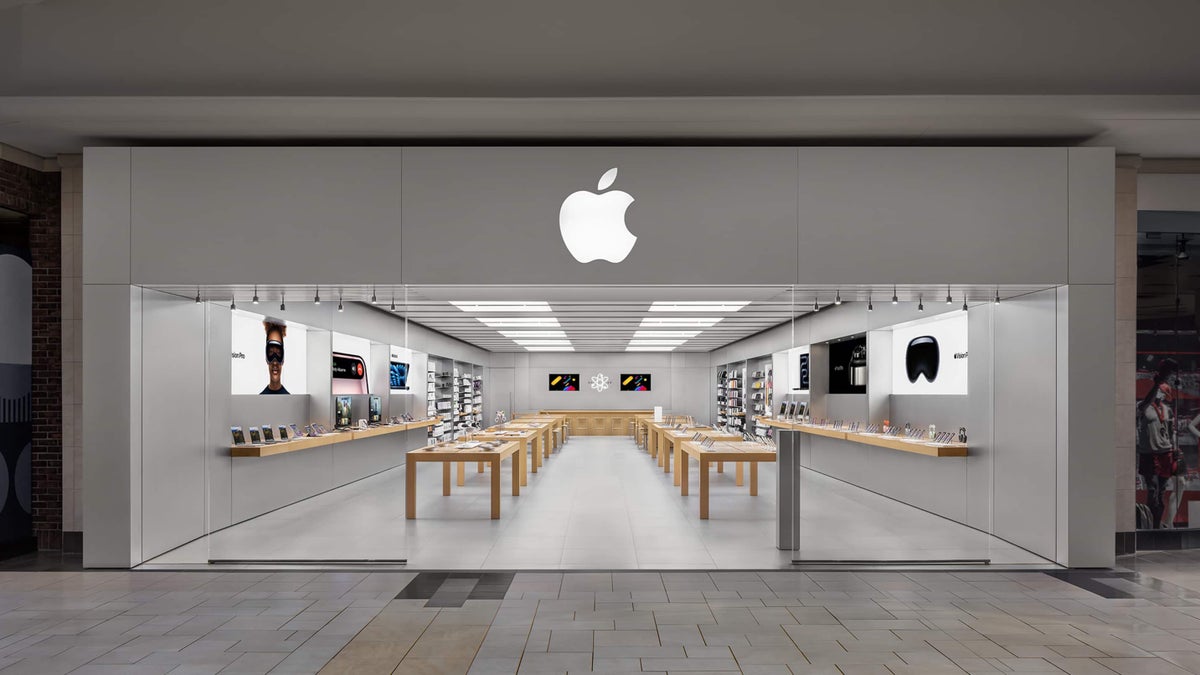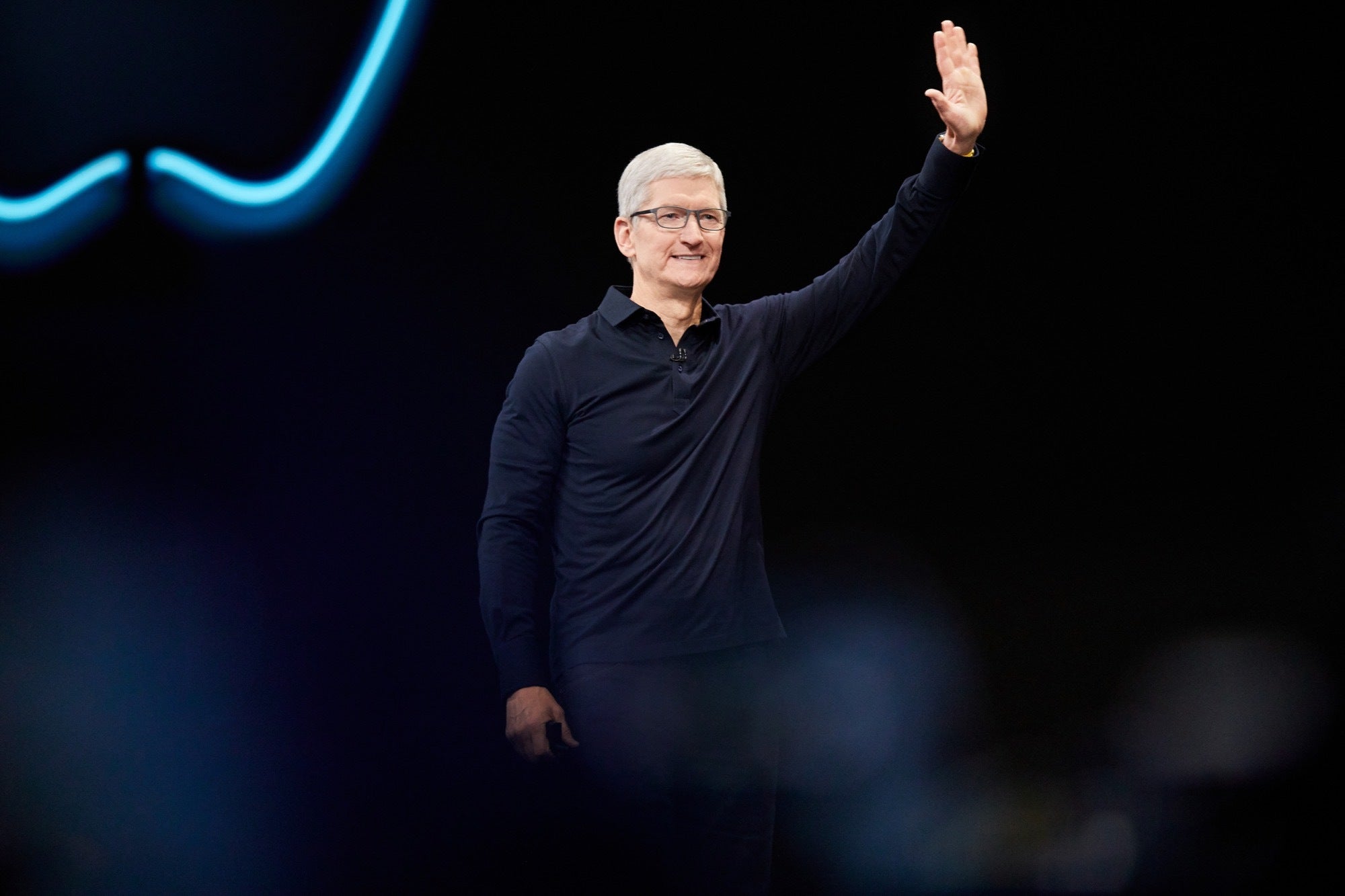Apple is currently facing a very complex balancing act with very high stakes

Apple Park City store. | Image credit — Apple
Breaking down Apple's current troubles
One key area of concern involves tariffs and global trade. Apple expects tariffs to add significant costs, possibly around $900 million just in the current quarter. This financial pressure is a major reason why the company is speeding up plans to move manufacturing for some products, like iPhones bound for the U.S., out of China and into countries such as India and Vietnam. This is a major shift in its long-standing production strategy.
On the technology side, Apple appears to be lagging behind rivals in the race for advanced artificial intelligence (AI). Competitors like Samsung and Google have been quicker to roll out impressive AI features that can create content or automate tasks on their smartphones. This perceived delay could make current iPhones seem less advanced and potentially impact the development and appeal of future Apple products, like rumored smart glasses.

Tim Cook welcomes developers to WWDC 2019. | Image credit — Apple
How this compares to other tech giants in the U.S.
While Apple contends with these issues, its main competitors are pushing forward. Samsung continues to lead in the foldable phone market and heavily promotes its Galaxy AI features. Google is integrating its powerful Gemini AI more deeply into Android phones. Their progress sets a high bar and puts extra pressure on Apple to innovate while also defending its current business practices.
Successfully managing just one of these major challenges would be difficult. Facing all of them - legal, financial, competitive, and technological - at the same time presents an unprecedented test for Apple and its leadership under CEO Tim Cook. How the company navigates this period will be crucial, likely affecting its product roadmap, its relationship with developers and regulators, and potentially even the prices and features available to consumers in the near future. It's a complex balancing act with very high stakes, and it remains to be seen how the company and its leadership handles it all.
Follow us on Google News













Things that are NOT allowed:
To help keep our community safe and free from spam, we apply temporary limits to newly created accounts: